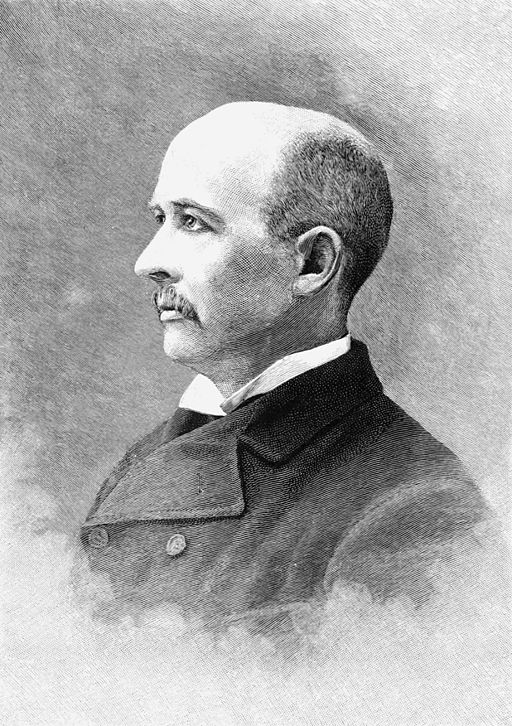Liberty Matters
The Rivals of Classical-Liberal Social Science

The social science of William Graham Sumner has generated a spirited discussion of the meaning of laissez faire at the turn of the 20th century. Sumner, and other classical-liberal intellectuals, viewed their science as a science of an organic and decentralized system. This has led others to categorize theories of spontaneous order as a rationalization of social domination dressed up in scholarly language. In my initial response to Zwolinski's essay on Sumner, which critiqued this point, I focused on why people often made this charge. I argued that association with pro-market arguments and a lack of an activist vision doomed Sumner and the cohort of classical-liberal intellectuals.
Phil Magness's essay takes on a related point. He investigates the social policies of the progressives who emerged in the wake of the demise of classical-liberal social theory. What he finds is that progressive social science of the early 1900s was often pitched as a direct reaction to laissez-faire thinkers like Sumner and Spencer. He finds that they viewed social science as a tool to tame the chaotic fluctuations of markets and that social science was associated, in some authors, with eugenic ideas.
In this response, I will briefly touch on how the demise of classical-liberal social science facilitated the rise of two rival traditions. One is liberatory social science, as exemplified by such scholars as W.E.B. DuBois, who used new social-science tools to help low-status groups, such as American blacks. The features of liberatory social science were mentioned in my last response: the use of social-science methods to study marginal groups and an attempt to give them agency in Western historical narratives and to improve their material conditions and well-being.
The other tradition, discussed by Magness, was embodied by the eugenics movement. They too saw that social science could be a tool for taming markets. But instead of trying to mitigate social inequality, they wanted to reinforce social inequality. There is difficulty in labeling this movement "regressive" because its practitioners are labeled "progressive." Perhaps a satisfactory label would be "retrenchment social science." The hallmark of retrenchment social science is that it rejects theories of spontaneous order so that interventions against undesirable groups may be pursued. For the early 20th-century progressives, that meant minorities and others undesirable populations. As Magness notes, the intervention against specific groups tends to be found alongside attempts to bolster national greatness.
To summarize, the demise of classical-liberal social science did not result in the emergence of a single alternative. It resulted in at least two -- liberatory activist intellectuals like DuBois and retrenching social scientists like Richard T. Ely and John R. Commons. Any student of classical liberalism should understand these two streams as important competitors to classical liberalism in the marketplace of ideas.
Copyright and Fair Use Statement
“Liberty Matters” is the copyright of Liberty Fund, Inc. This material is put on line to further the educational goals of Liberty Fund, Inc. These essays and responses may be quoted and otherwise used under “fair use” provisions for educational and academic purposes. To reprint these essays in course booklets requires the prior permission of Liberty Fund, Inc. Please contact oll@libertyfund.org if you have any questions.